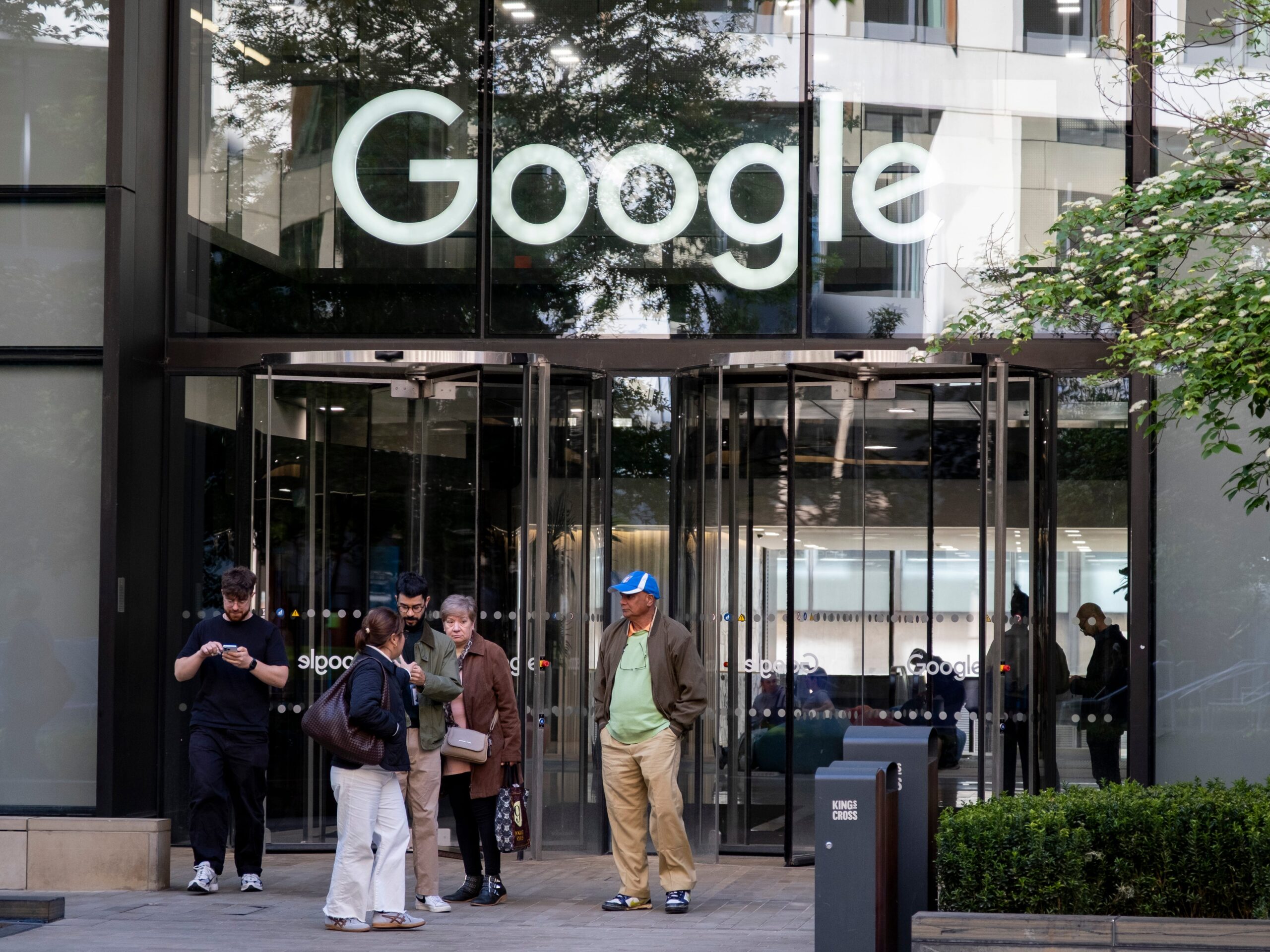UPDATE: Mira Lane, founder of Google’s Envisioning Studio, is urgently calling on individuals with non-technical backgrounds to explore opportunities in tech innovation. Lane emphasizes that now is the perfect time for those in fields like philosophy and art history to transition into technology, underscoring the growing need for diverse perspectives in the industry.
Lane, who serves as Google’s Vice President of Tech and Society, shared her insights during a recent interview. She believes that people from non-traditional backgrounds bring invaluable skills to tech roles, particularly in understanding the societal impacts of technology. “If you want to transition into tech, be really confident and great in your current space,” Lane stated.
She highlights the necessity of building a strong foundation in one’s field before making the leap into technology. Lane insists that aspiring tech innovators must have an opinion on relevant issues, which can only be formed through active engagement with technology. “You also have to have a point of view on tech, and that means you have to use it in some way so that you understand the nuance,” she explained.
Lane’s team at the Envisioning Studio includes documentary filmmakers, researchers, and philosophers—all of whom began their careers in vastly different disciplines. This eclectic mix has proven to be a significant asset in addressing the challenges brought by AI and other technological advancements.
Developing further: As the tech landscape rapidly evolves, Lane points out that the barrier to entry is lower than ever. “The friction is so low at this time that it’s actually really easy just to get into the tech world,” she noted. This means that anyone interested can start experimenting with AI tools and applications without significant hurdles.
Lane cites the example of Steven Johnson, now the editorial director of NotebookLM, who transitioned from an author to tech innovator. His journey included writing about AI and eventually joining Google to develop AI-powered note-taking solutions. This reinforces Lane’s message that diverse backgrounds can lead to success in technology.
In today’s dynamic tech environment, those who thrive are often adaptable and willing to embrace ambiguity. “People with a growth mindset do really, really well in a domain that’s always growing and learning and evolving,” Lane remarked, encouraging potential applicants to leverage their unique experiences.
Google, with its resources to run experimental projects, has a wider array of non-traditional roles compared to other tech firms. Lane believes that more companies should embrace this model, creating space for individuals with diverse educational backgrounds to contribute to technological innovation.
As the demand for varied perspectives in tech continues to rise, Lane’s urgent message is clear: Non-technical candidates are not just welcome in tech—they are essential. This developing narrative could redefine the future of technology by integrating artistic and philosophical insights into AI and beyond.
Stay tuned for more updates on this evolving story as it continues to impact the tech industry and those seeking to break into it.
